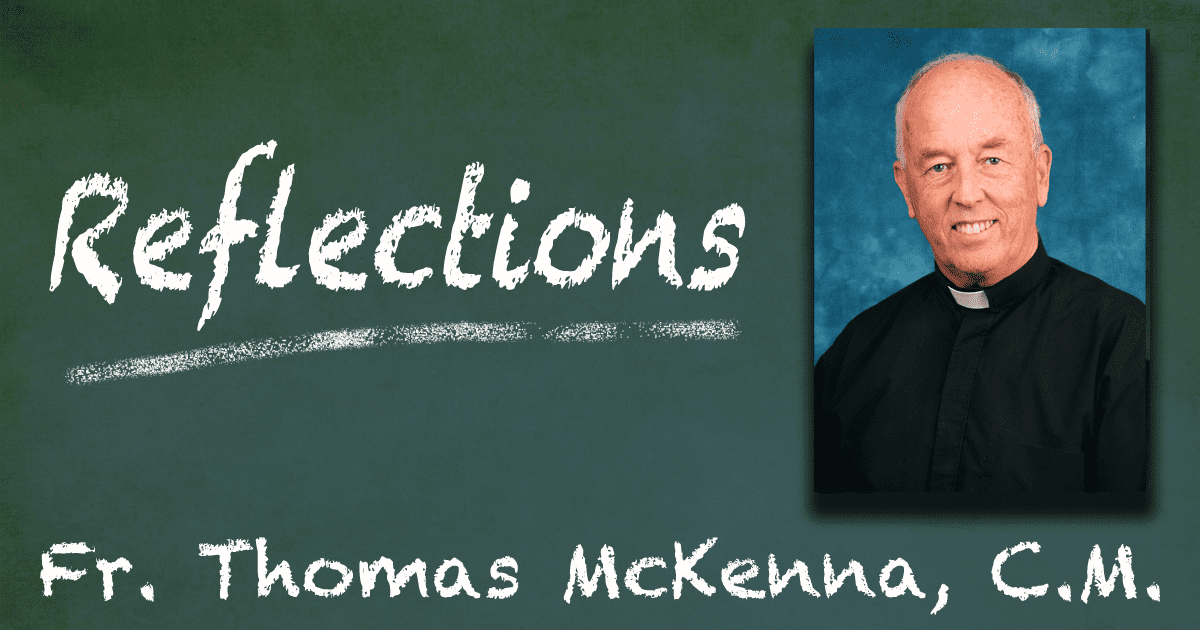The One Body (Deuteronomy 8; 1 Cor 10:17; John 6:57)
The award-winning movie, The Green Book, tells a story of two men, one black and one white, touring through the segregated South in the 1950’s. It sets up a fascinating contrast between them, portraying ways in which each is superior, but also inferior, to the other. The black concert pianist is much better educated than his white chauffeur, more “cultured,” and much richer. The white driver shows a good deal more “street smarts” and humanity — but also by dint of his race is mostly unconsciously given much higher social status as they travel.
As the movie begins, there is hardly anything they seem to have in common. But over the weeks each faces a different humiliation and is helped through it by the other. These shared struggles open them to a deeper appreciation of each other’s worth, one that not only digs beneath their differences but leads to a mutual awareness of their common humanity.
In its own way, this feast of the Body and Blood of Our Lord tells something of the same story. It pierces through the layers and layers of what makes us different and arrives at that precious unified ground we all share – life itself and the Source of that life, our loving God.
Each of the readings touches on this. For the Jewish people, it was being reminded that through all their wandering and complaining in that desert it was Yahweh feeding them. Standing on a different ledge, Paul makes the same point: “Because this cup and loaf we share is the one Body of Christ, we though many bodies on one level are one body at that deepest level, our unity in Christ.” (I Cor 10:17) In John’s gospel, Jesus reinforces the message with his proclamation that every life flows from the one same source, that each’s existence is nourished by the same Father.
This is the lesson. Underneath everything that differentiates us, there is the one same foundation. Cutting through all the things that set us off as individuals, drilling down through all the cultural, economic, educational, and especially in these days racial differences, we discover what we possess in common: the very life of God come to us through the Body and Blood of God’s Son, shed in love for each and every one of us.
We are the Body of Christ. All of us, down at our roots, are not only being fed through this flesh and blood of Jesus, this manna in the desert, but in Him we are joined into one. You, me, all of us together are the Body of Christ.
I recently heard a priest tell of a realization that came to him one Sunday morning while distributing communion. Holding up the host and saying “Body of Christ,” he looked into the eyes of the person receiving and it hit him that those words were referring not only to the Eucharistic bread in his hands but also to this parishioner in front of him. In different ways, both were the Body of Christ.
As that movie portrayed, coming to an everyday, practical realization of this underlying unity is no easy task. In so many concrete ways, Vincent put flesh on this truth, stressing how it takes an ever-deepening conversion to grasp that the most precious thing about each of us is what we have in common, the God-given life we all share. To the extent we can take this to heart and have it penetrate our differences down to our oneness in The Lord can we give a heartfelt Amen to the import of this feast — the Body and Blood of Christ poured out for each and for all, drawing us together in Him.







0 Comments